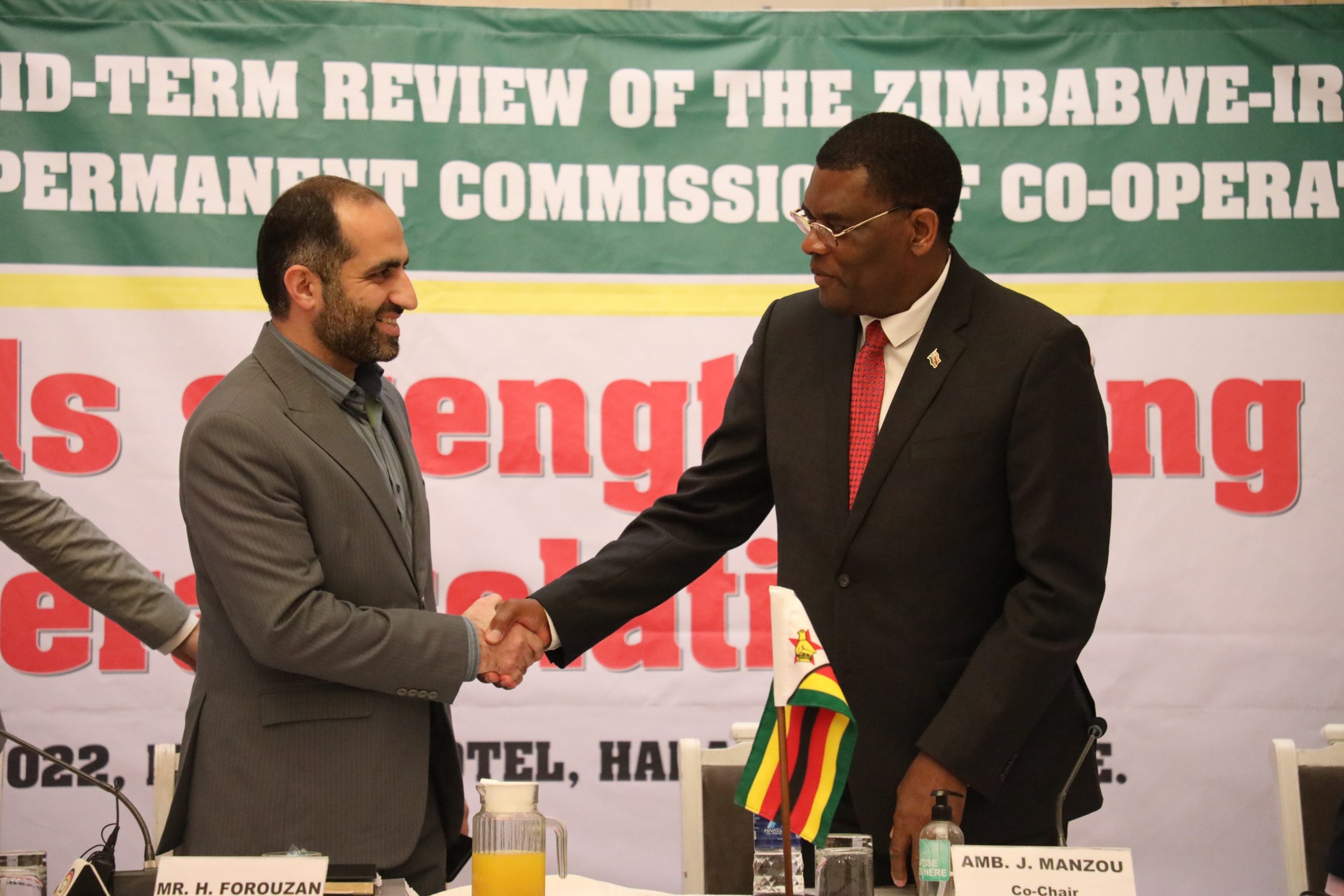Treasury okays hiring of part time drafters to clear Bills backlog
Share

Harare (New Ziana) -Treasury has authorised the Attorney General’s Office to hire part time drafters to clear the backlog of Bills that should be tabled in the current Parliament before it is dissolved ahead of general elections next year.
Justice, Legal and Parliamentary Affairs Minister Ziyambi Ziyambi said this in the National Assembly this week during the question and answer session.
He was responding to a question from Norton independent legislator Temba Mliswa, who had wanted to know when the Devolution Bill was going to be brought before Parliament.
“The current position is that we have had shortages of drafters within the Drafting Department,” he said.
“I sought Treasury concurrence for us to hire drafters on a part time basis and I have given the Attorney General up to Friday, to come up with a timeframe on how they are going to do it with a view of ensuring that those Bills are drafted this year.”
Ziyambi said the government wanted to ensure all outstanding Bills were drafted and tabled in Parliament before it is dissolved for the 2023 harmonised elections.
He said there were a number of Bills that needed to be drafted, including the Provincial and Metropolitan Council, the Urban Councils and the Electoral Amendment Bills.
“All those Bills we have specifically given the Attorney General a timeframe to say that Treasury is in agreement that we can get part time drafters for now so that we can expedite that process,” he explained.
For a Bill to go to Parliament, the Minister in charge of it first puts his proposal to Cabinet, which examines it, ensuring that it is in line with government policy and does not violate any provision of the Constitution of Zimbabwe.
If Cabinet accepts the proposals, it directs the Minister to prepare a bill on the broad lines and he takes it to the Legal Drafting Department in the Attorney-General’s office to prepare a draft, which would be presented to the Cabinet Committee on Legislation for consideration.
After its approval by Cabinet, the Bill is published in the Government Gazette at least two weeks before its introduction in the National Assembly.
When it is first introduced in the National Assembly, the Bill is referred to the relevant Parliamentary Portfolio Committee, which conducts public hearings with members of the public, especially interest groups, to enable them to make an input.
After the public hearings, the Bill returns to the National Assembly, where it is referred to the Parliamentary Legal Committee, from where, if it gets the nod, it goes through the first and second reading stages.
If it passes the two stages, it goes to the committee, followed by the reporting, and lastly the third reading, after which it goes to the Senate, where it goes through the same process, following which, it is taken to the President for his assent.
As a sign of his assent, the President appends his signature to the Bill, following which it returns to Parliament, where the Clerk would take it to the High Court for registration, after which it is published in the Government Gazette as an Act and it starts to operate from that date.
New Ziana







